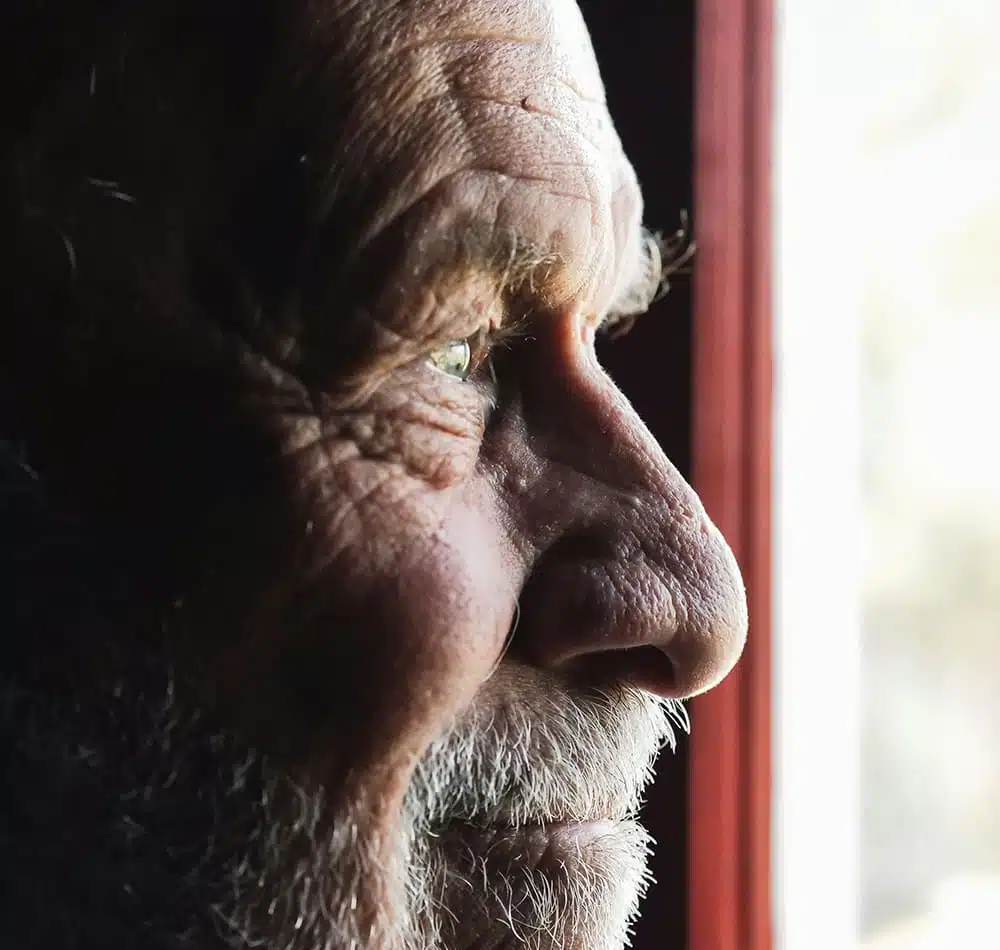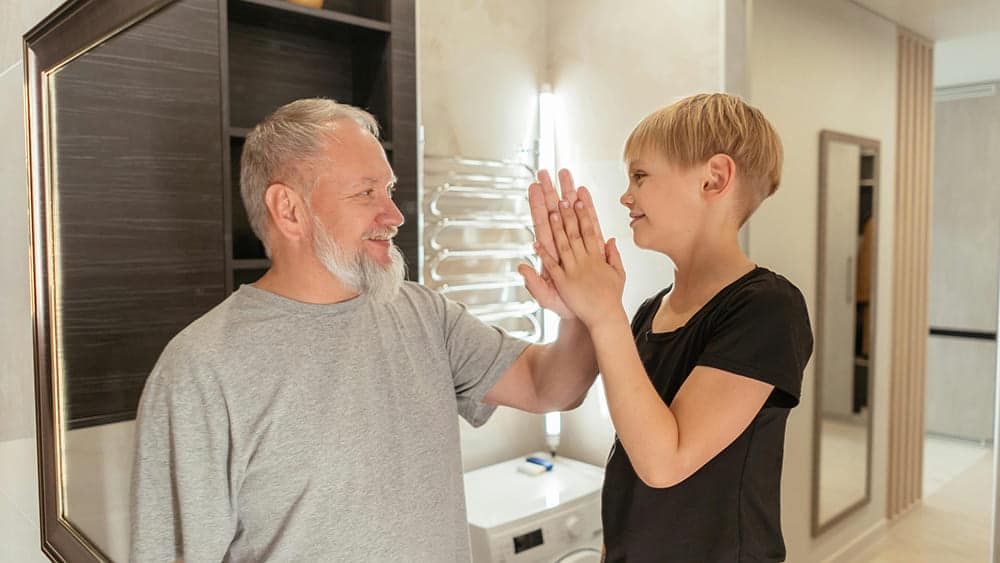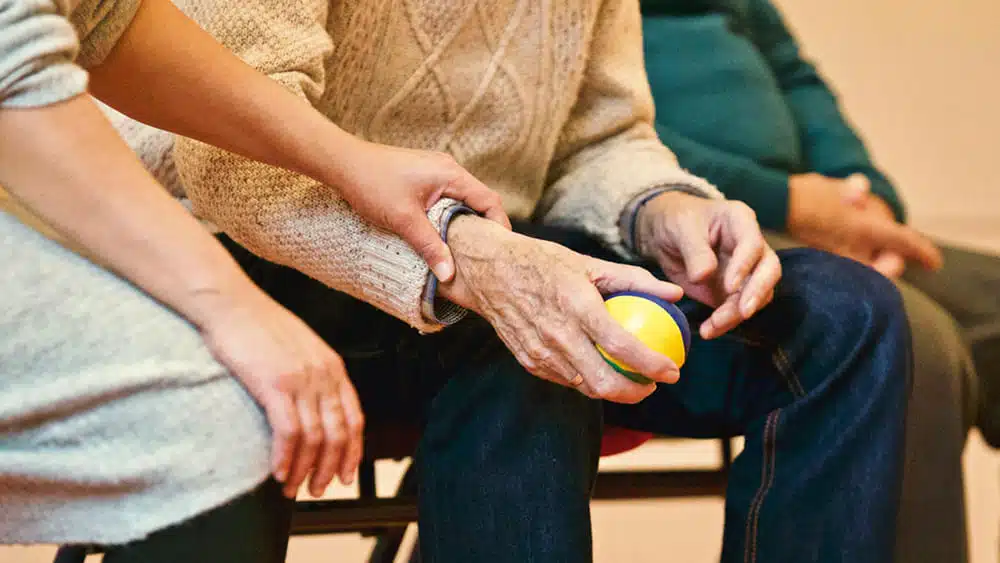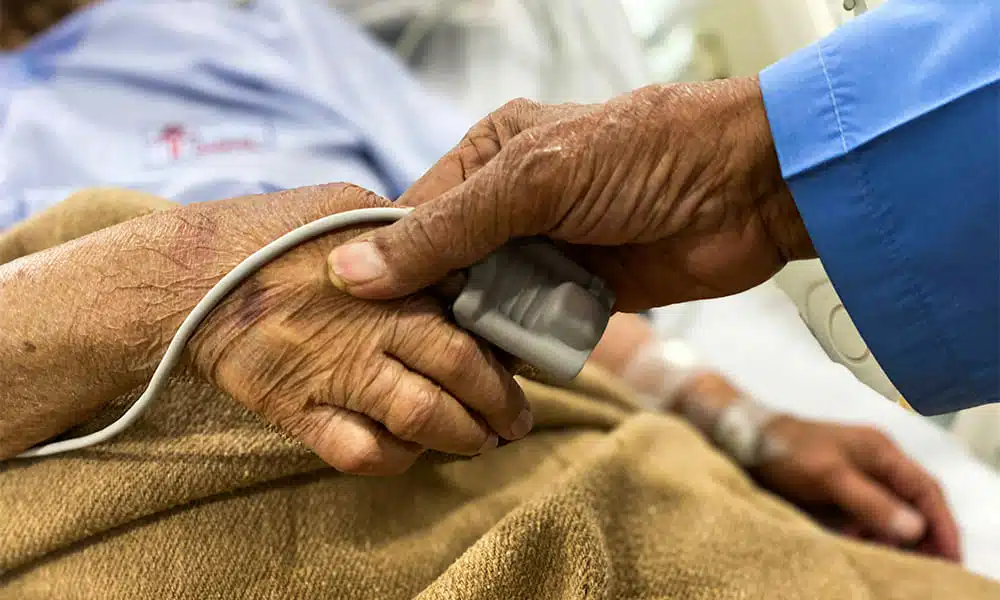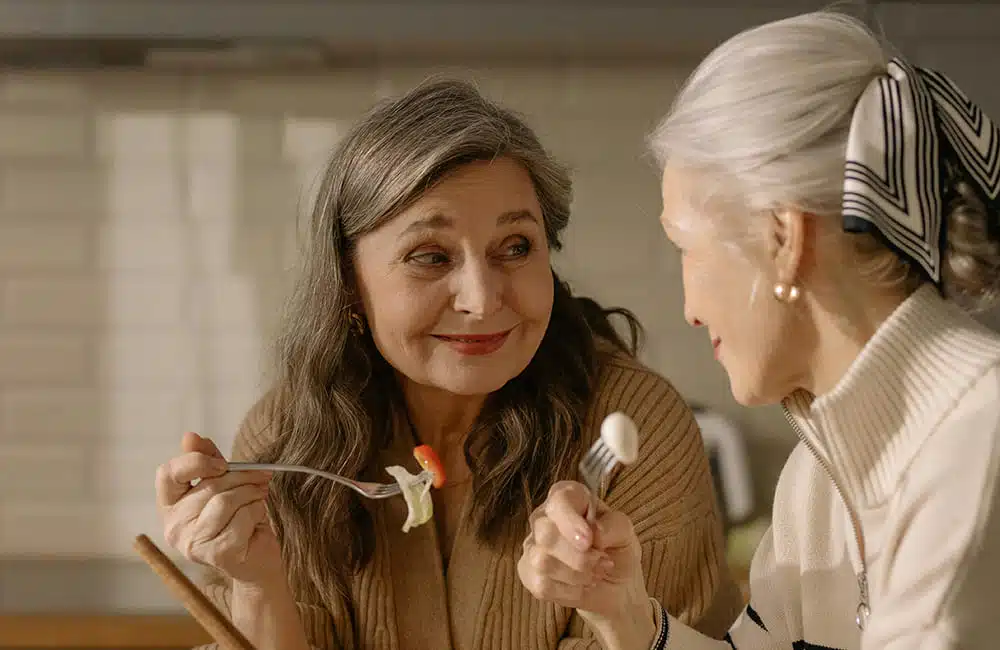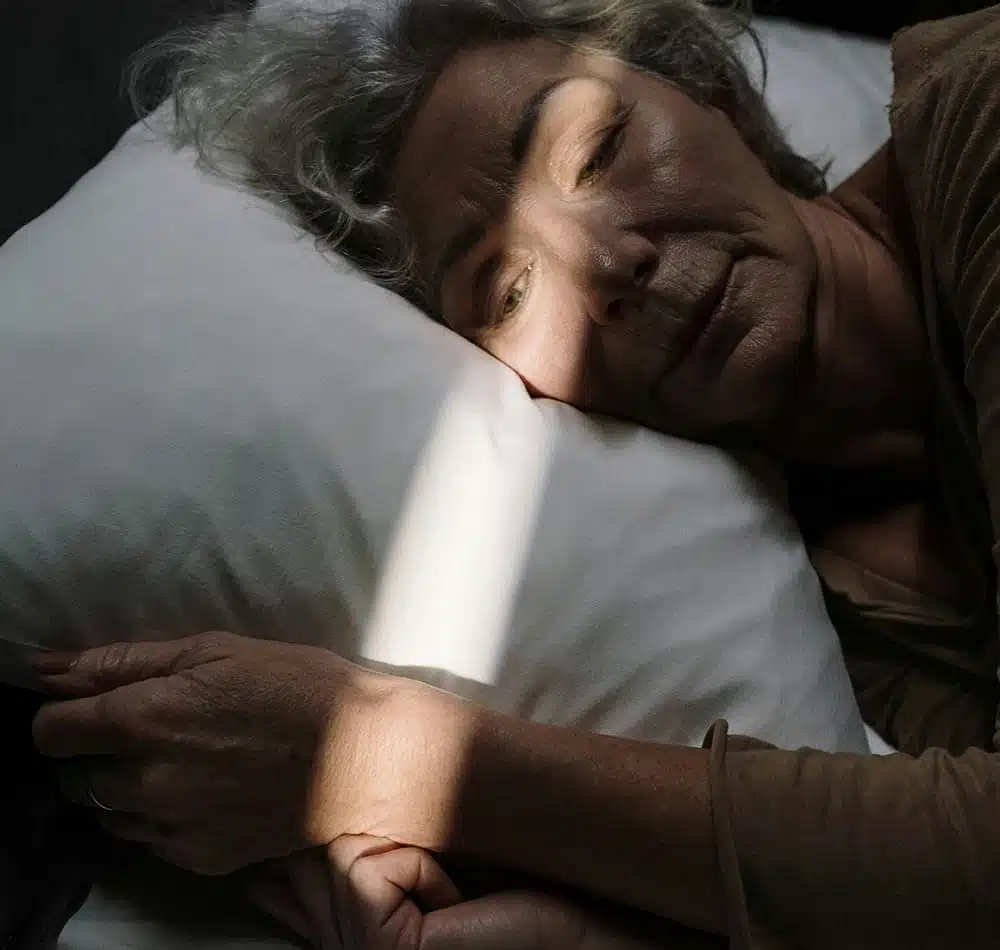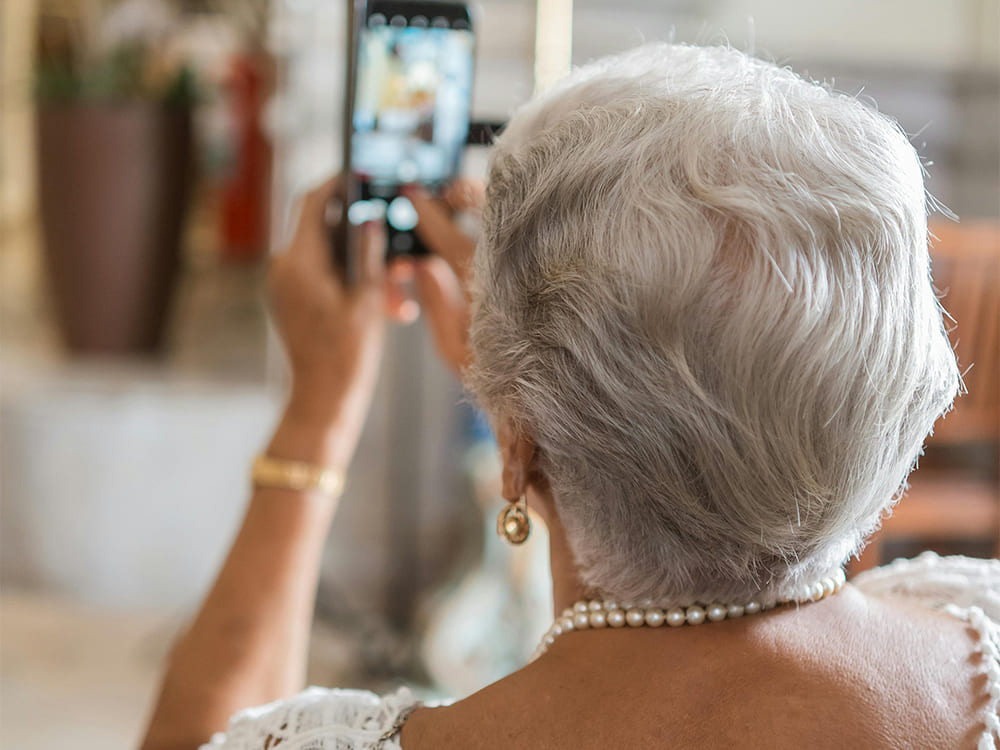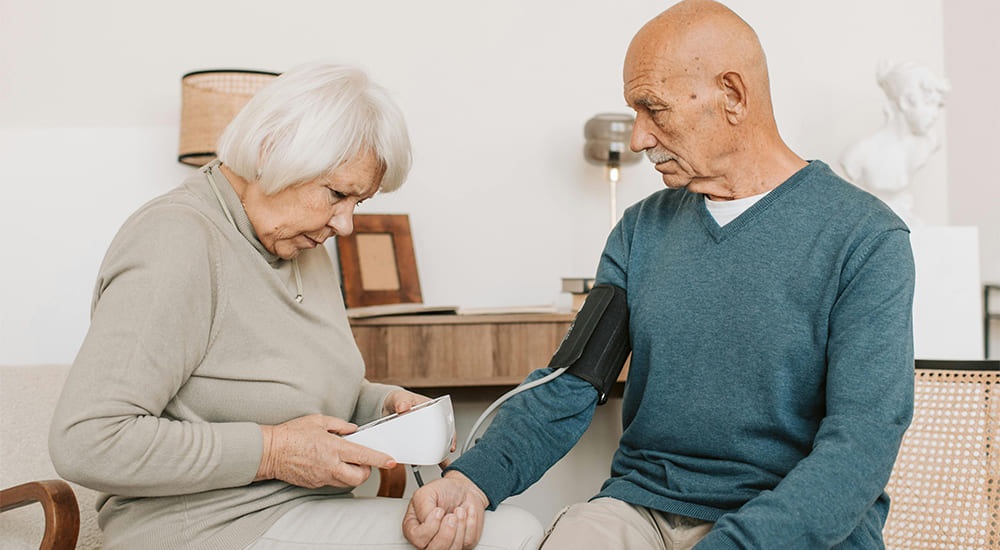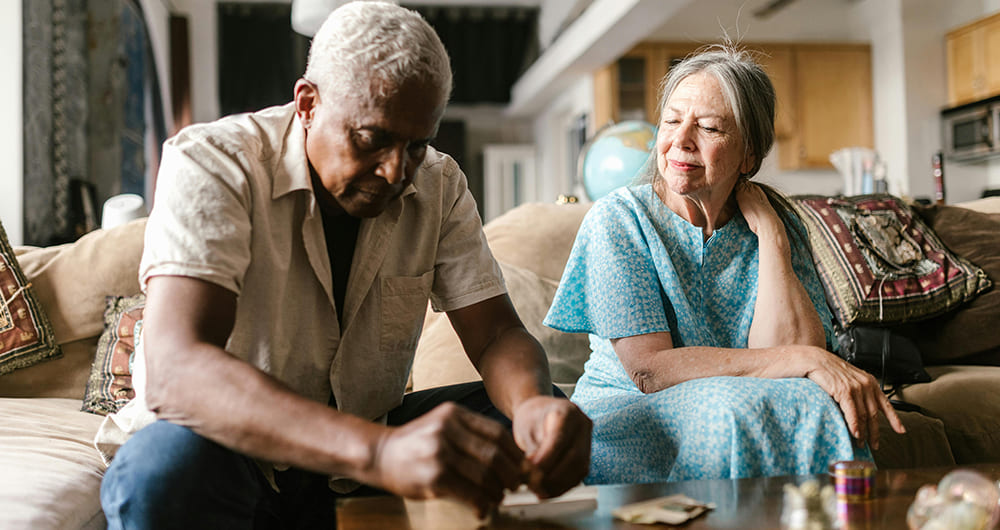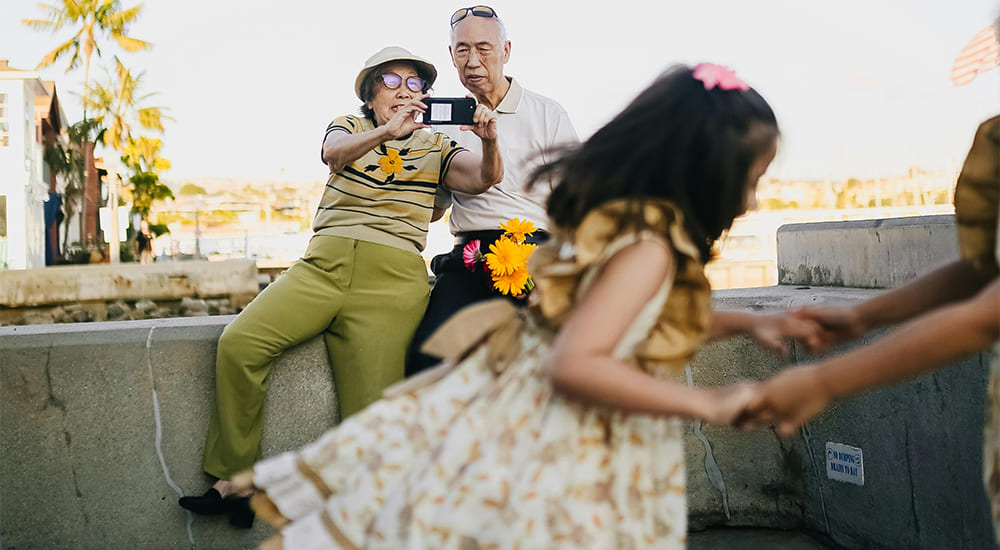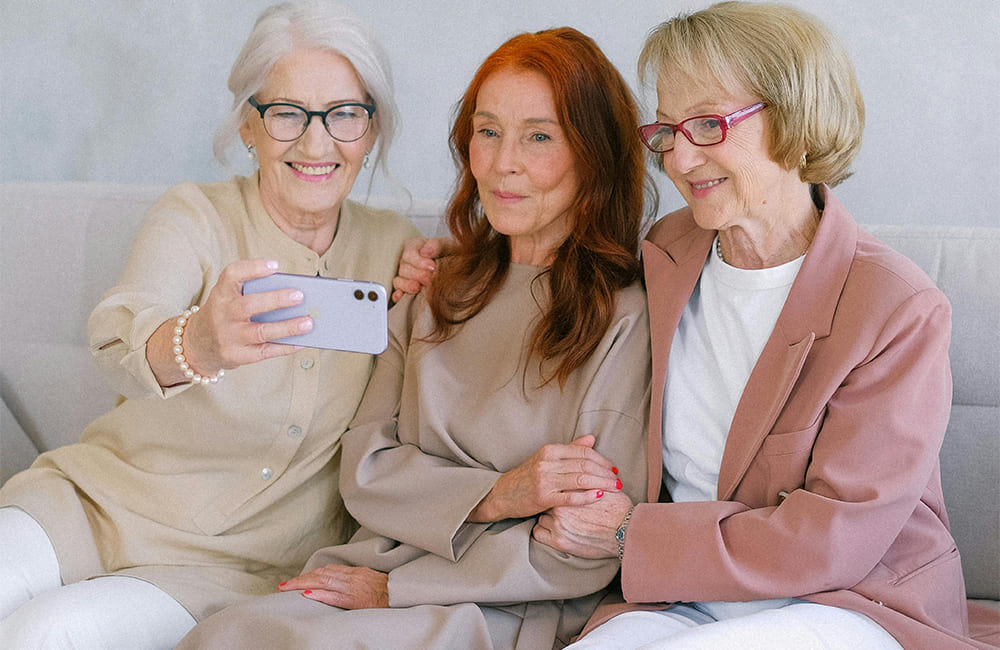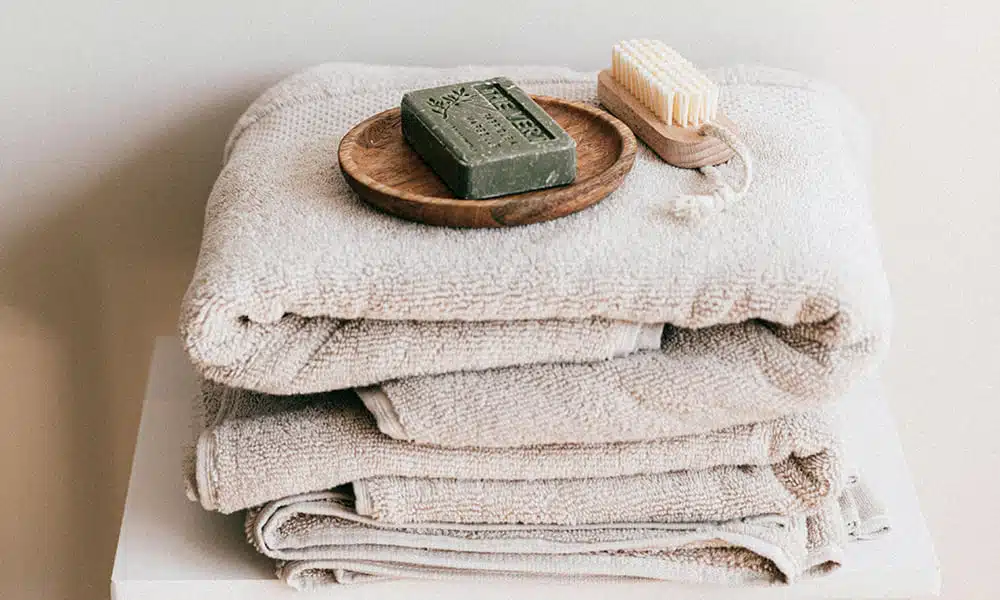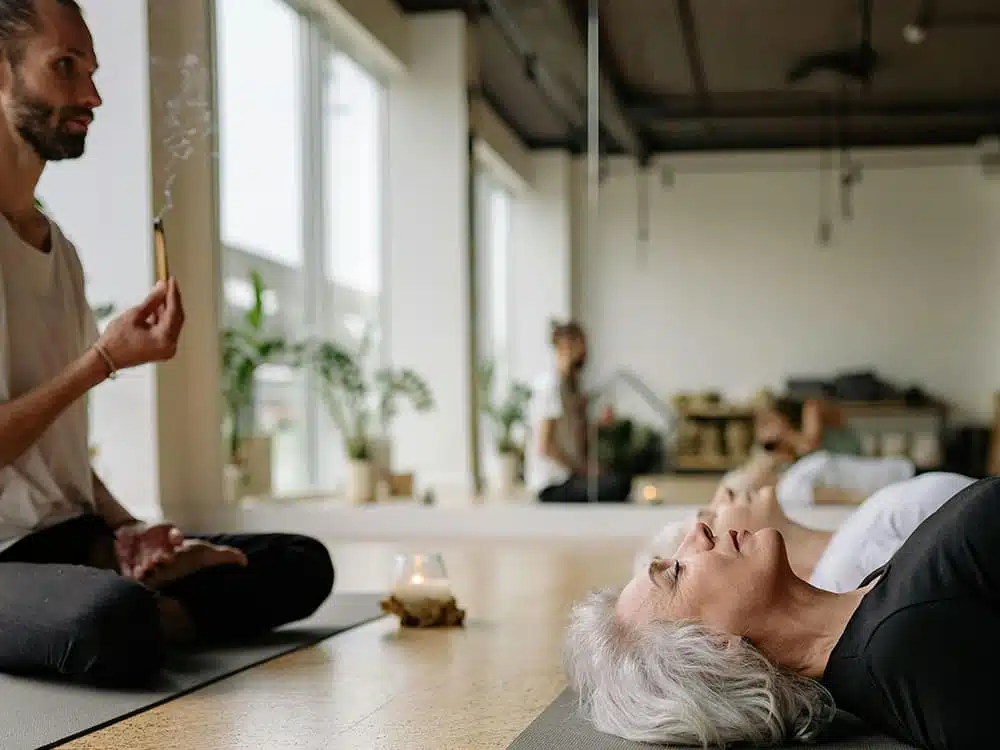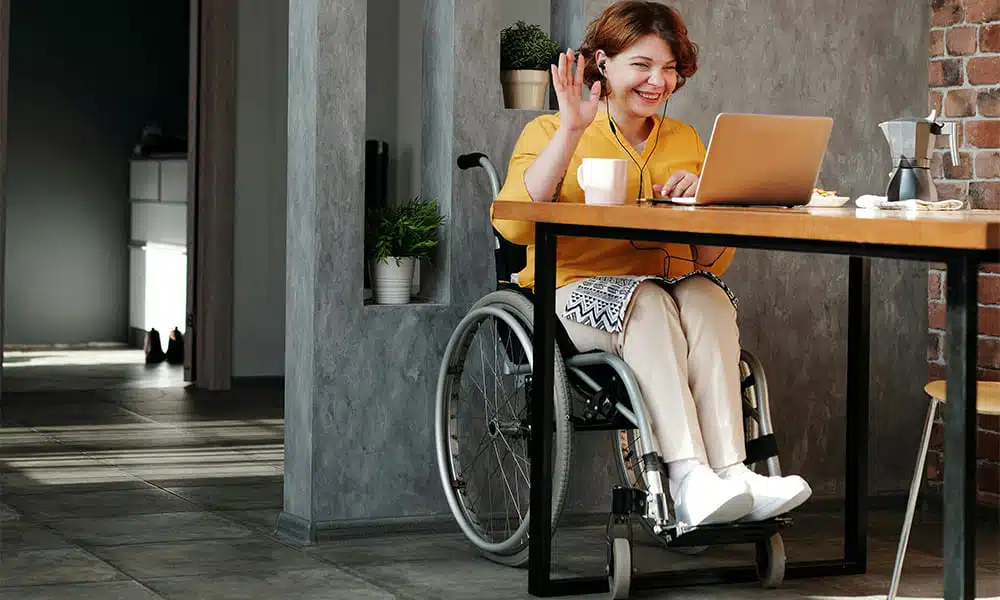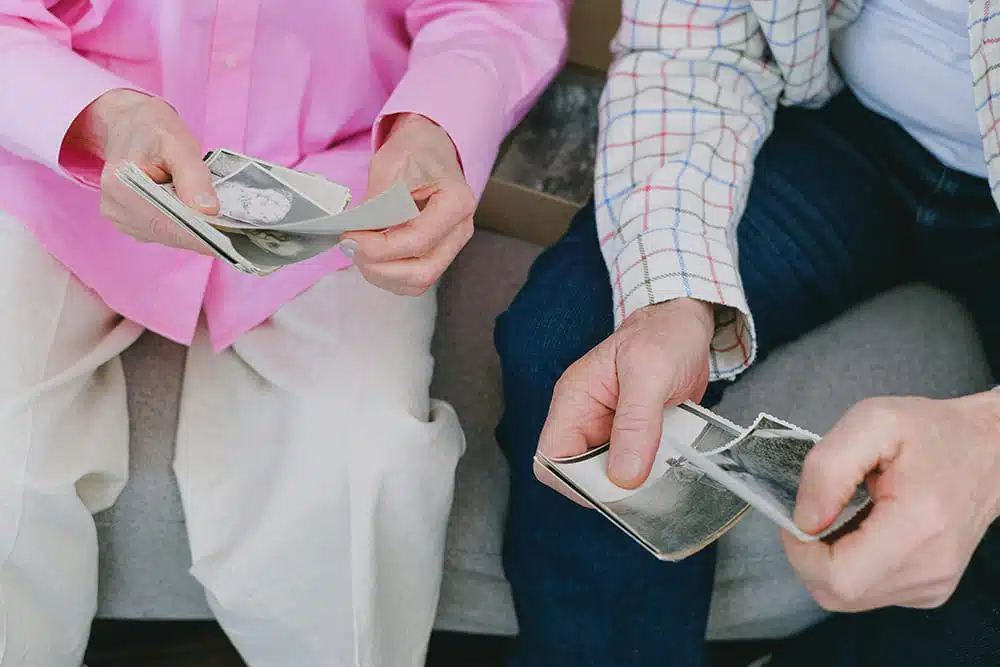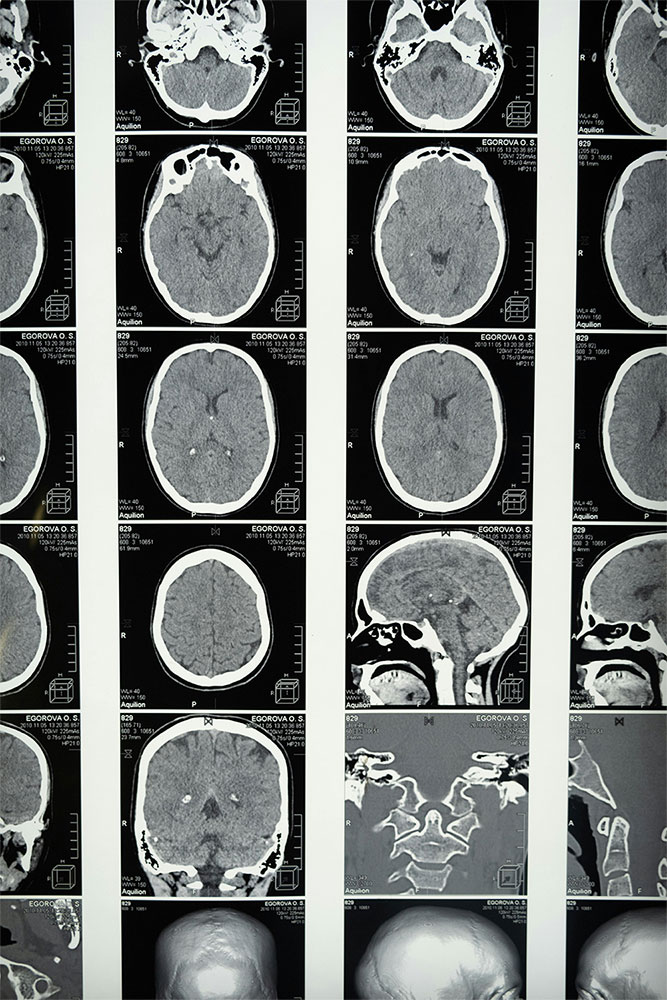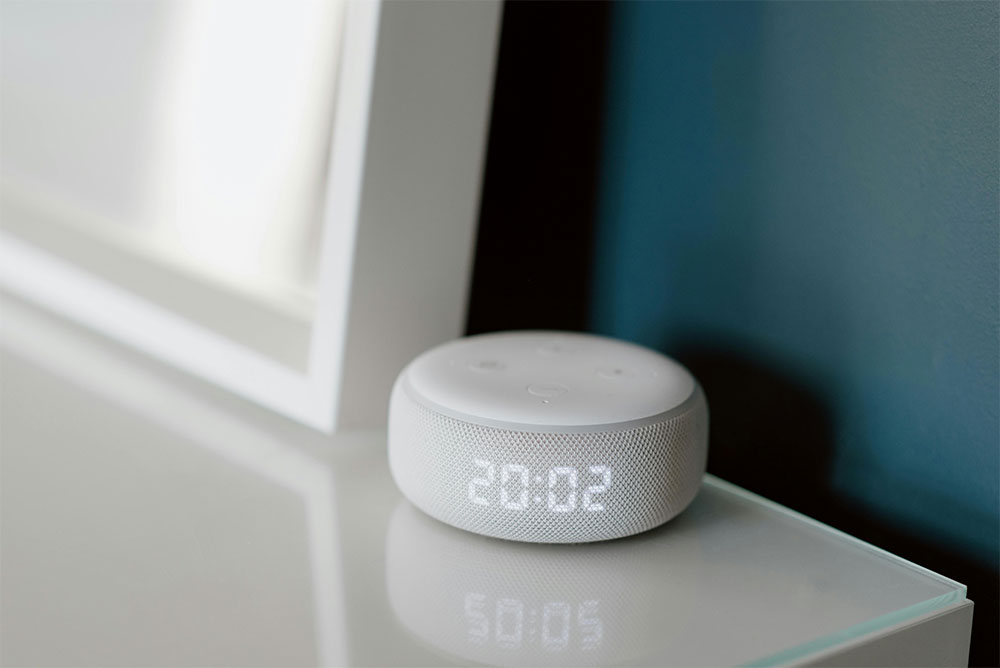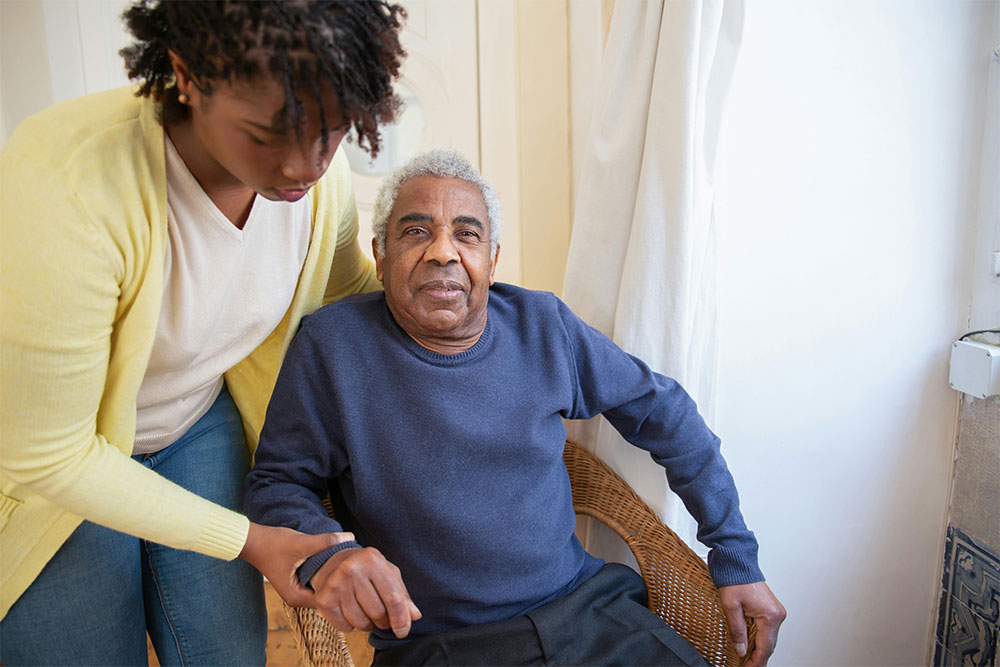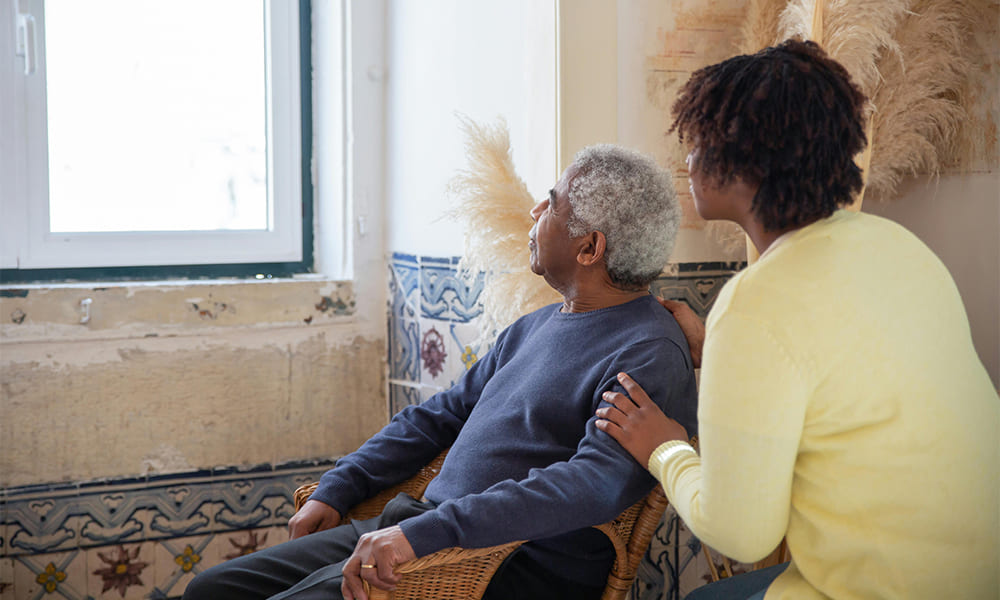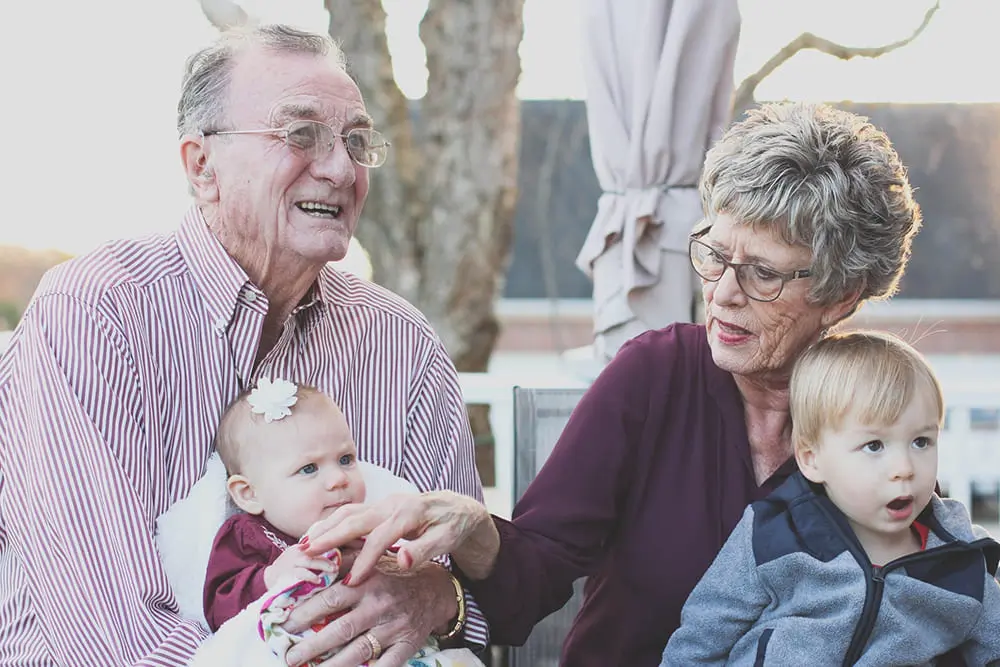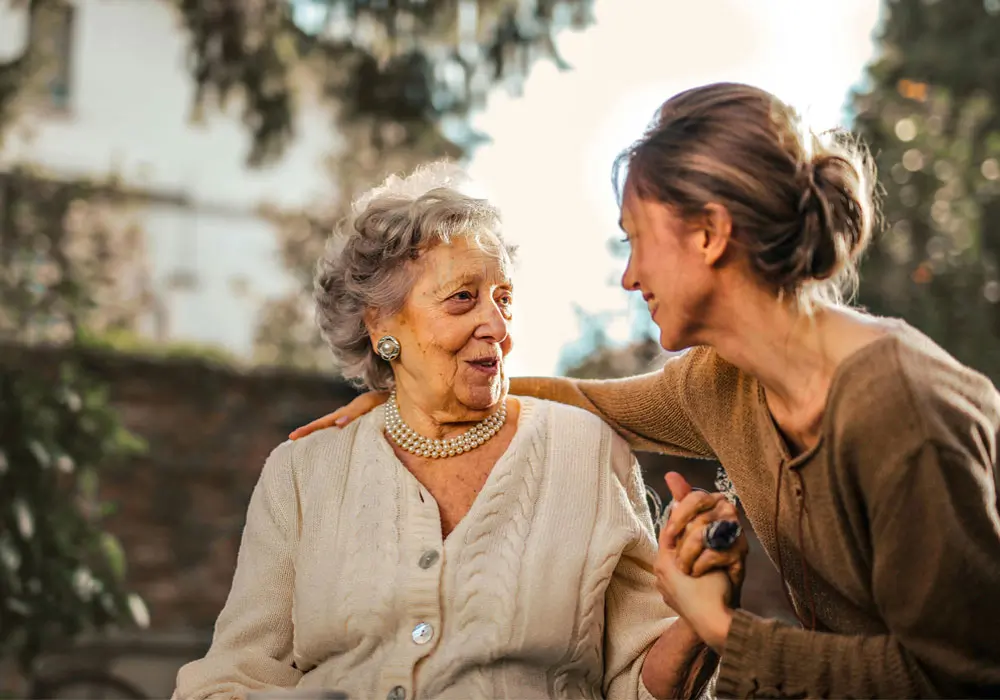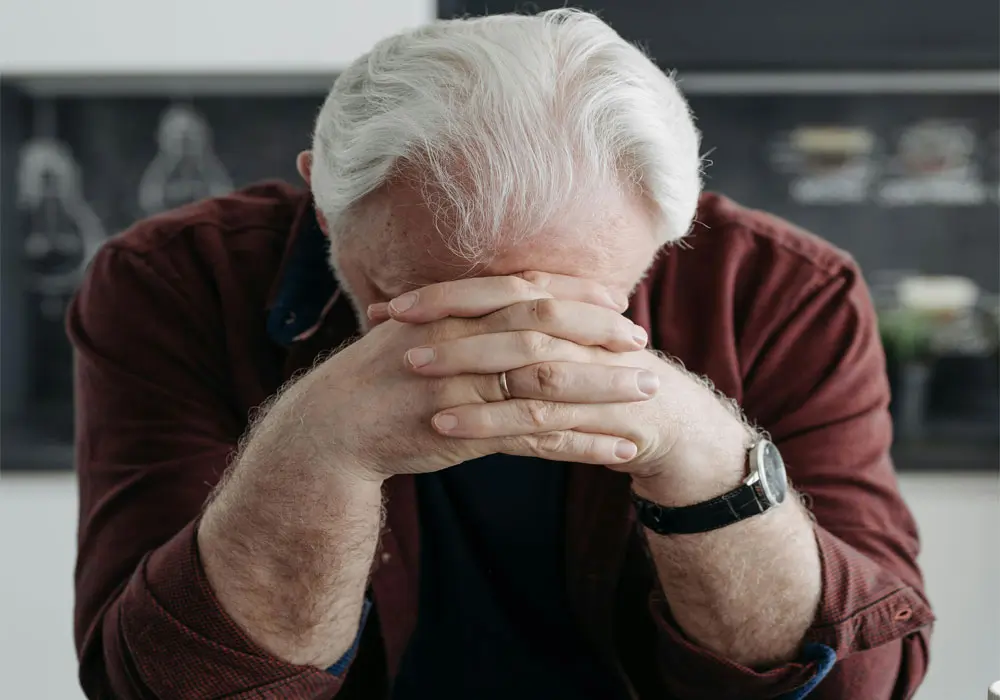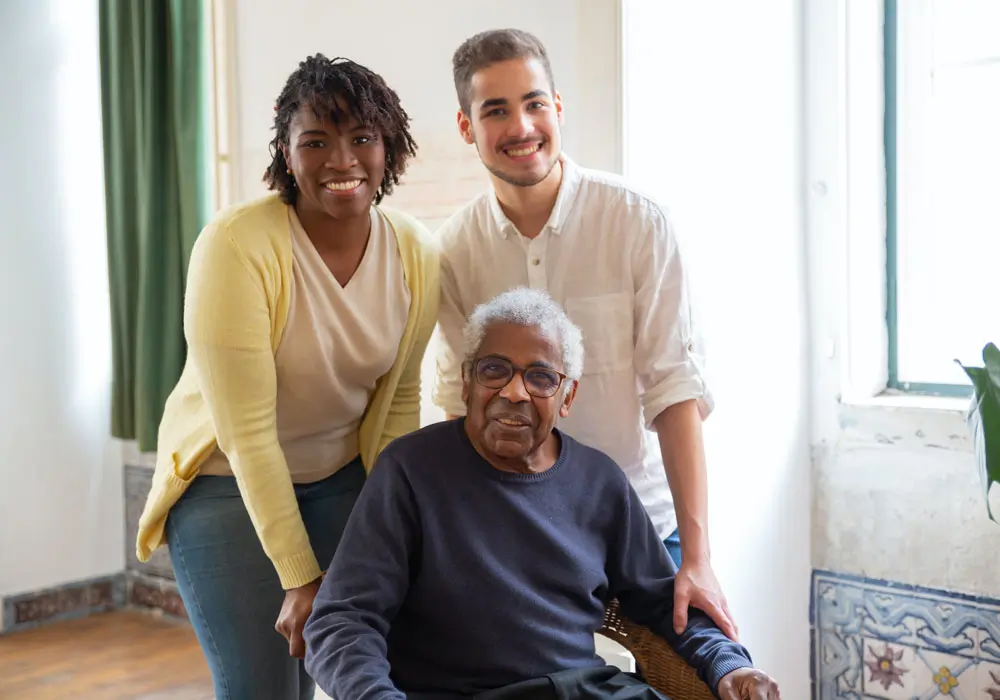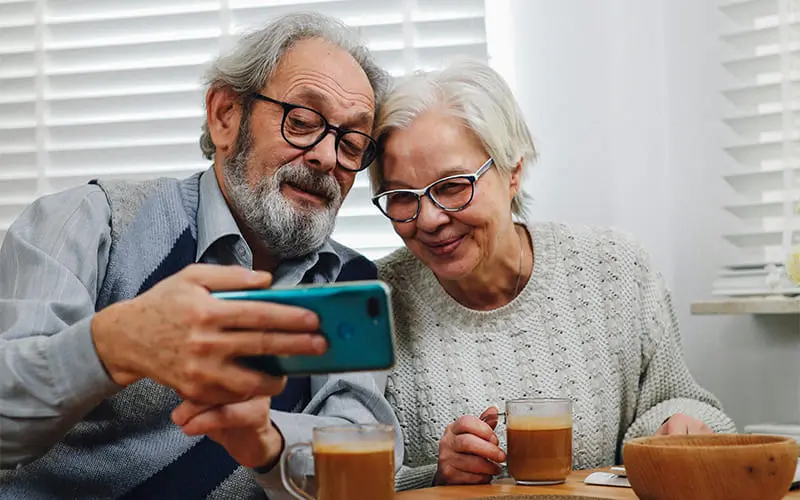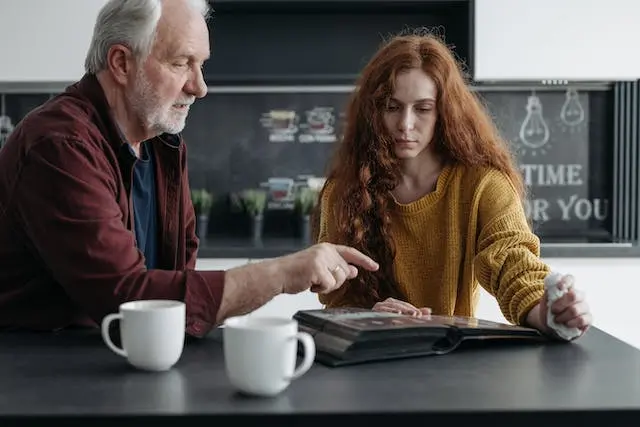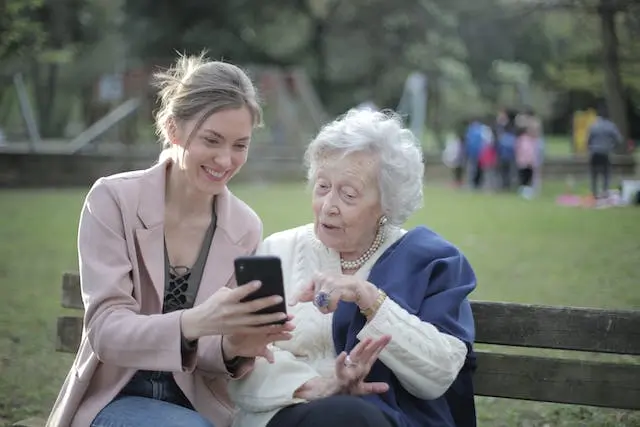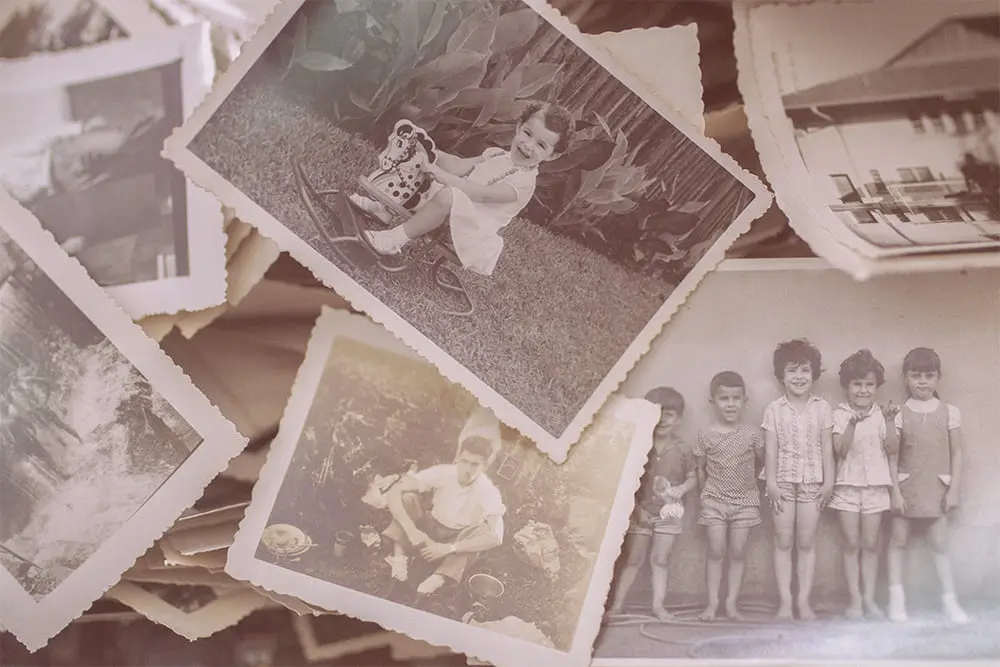
Christopher Ravn
Key Takeaways
1.Buying a gift may seem like fun, but when it comes to selecting the right gift for a dementia patient, you need to consider that the gift is meant to enhance the quality of their life and improve their mental well-being.
2. One needs to always remind themselves that gifts for Alzheimer’s patients have to be specific and cater to their needs.
3. For those experiencing the early stages of dementia, they may encounter mild cognitive issues such as occasional memory lapses and difficulty concentrating.
4. For those experiencing mild stages of dementia, their cognitive function is more affected.
Table of Contents
1. What Are the Best Gifts for Dementia Patients?
2. What Is a Good Gift for a Person With Dementia
3. What Are the Best Gifts for Alzheimer Patients?
4. What Is a Good Gift for a Person With Alzheimer’s?
5. What are examples of Alzheimer’s appropriate gifts?
6. What to Buy Someone With Memory Loss?
7. Are Weighted Blankets a Good Christmas Gift for a Person With Dementia?
8. What to Get an Alzheimer’s Patient for Christmas?
9. Frequently Asked Questions About Gifts for Dementia Patients
What Are the Best Gifts for Dementia Patients?
- Music: Dementia patients may experience stimulated memories through music, evoking positive emotions and improving mood. Music that triggers old memories provides comfort and enjoyment.
- Photo arrangements: Arranging familiar photos can evoke fond memories for dementia patients, fostering reminiscence and closeness with loved ones. This promotes social engagement by reminding them of the past.
- Creative arts: Engaging in activities like painting or drawing can stimulate dementia patients, encouraging self-expression and cognitive function. This promotes emotional therapy.
What Is a Good Gift for a Person With Dementia
- Is the gift simple? Ensure that the gift is easy to use to avoid causing them confusion and frustration.
- Does it evoke a sense of familiarity? Choose a gift that ignites their five senses. For example, bring their favorite food, perfume, or engage in their favorite pastime activity.
- Is it safe? Like any gift, ensure that the gift for dementia patients is non-toxic, has no risks, has soft edges, and provides easy-to-follow instructions. Think of it as purchasing for a toddler, but in the adult version.
What Are the Best Gifts for Alzheimer Patients?
- Music: Music therapy is crucial for Alzheimer’s patients as it can evoke fond memories, improve their mood, and reduce agitation. A personalized playlist or a live band playing their favorite music can bring them joy.
- Creative arts: Engaging in activities like finger painting, drawing, or crafting can promote self-expression, boost self-esteem, and provide a sense of accomplishment. Art therapy has been shown to enhance cognitive function and overall well-being in Alzheimer’s patients.
- Photo arrangements: Albums filled with cherished memories can create meaningful moments for Alzheimer’s patients. Looking at old photos can spark conversations and foster connections with loved ones, promoting social engagement.
We Believe Prioritizing Brain Health Enhances Your Quality Of Life
Get to know our team, our mission and how our EVY LIGHT® can provide you and your loved ones with a fuller life, letting you breathe a little easier.
What Is a Good Gift for a Person With Alzheimer’s?
- Is it easy to use? Ensure that the gift is simple and easy to use. Items that are complex may trigger agitation and frustration in Alzheimer’s patients.
- Is it safe? The gift needs to be safe and provide an option for independent use. Ensure that there are no rough or sharp edges and that it is made out of non-toxic materials. If possible, ensure that the gift is hassle-free and easy to clean.
- Does it cater to their interests? Select something that has brought them joy in the past. It has to be something that stimulates one or more of their five senses while bringing about fond memories and promoting a sense of relaxation.
What are examples of Alzheimer’s appropriate gifts?
- Sensory stimulation kit: Find a kit that invokes perhaps tactile function or even the olfactory senses, such as a textured blanket, ball, or even a soothing session using aromatherapy or an Alzheimer light would be helpful.
- Familiar music: A mixtape or even playing music that is familiar provides moments of therapy and ignites positive emotions.
- Simple activities: A puzzle book or other simple activities are known to promote enjoyment and cognitive stimulation.
What to Buy Someone With Memory Loss?
When selecting the right gift for someone suffering from memory loss, it’s imperative to understand that it should relate to aiding the patient with their memory while providing comfort. The gift should help with their cognitive function, evoke positive memories, and support their overall well-being.
Selecting gifts for those with memory loss will seem similar to those for individuals with Alzheimer’s disease and dementia. This is because memory loss is linked with those ailments, and thus the gifts and suggestions are similar. Here are some ideas when selecting gifts for those with memory issues, although we will not go into detail in this section due to their similarities.
- Photo albums: Provide pictures that evoke old memories and support overall cognitive function.
- Music playlist: A person with memory loss may be reminded of fond memories when exposed to their favorite music or artist.
- Memory journals: A memory journal to help them record their daily thoughts and emotions can help preserve moments that may have been lost while assisting with cognitive function.
- Sensory kits: A sensory kit that enhances their senses, such as tactile and sense of smell, will provide moments of relaxation and sensory stimulation.
- Familiar games: Board games or similar activities could help patients reminisce and encourage social interactions, which aids in memory recall.
Gifts for All Stages of Dementia
- Early stage: In this stage, dementia patients will have difficulty concentrating and may experience mild episodes of memory loss.
- Middle stage: This stage shows a more noticeable cognitive decline, with patients experiencing memory loss, communication issues, and problems with problem-solving. They may struggle with performing daily tasks and experience mood swings.
- Late stage: Individuals experience advanced cognitive decline, may become immobile, and become dependent on others for care. They will have significant difficulties communicating and will require constant assistance with daily tasks.
Gift Ideas for Someone in Early-Stage Dementia
- Stimulation: Choose gifts that stimulate cognitive function by offering mild challenges to enhance memory and problem-solving capabilities.
- Reminiscence: Select gifts that evoke positive memories and bring joy from the past, fostering comfort and happiness.
- Independence: Opt for gifts that promote a sense of independence and freedom, allowing them to engage positively with the gift.
- Simple board games: Games like Scrabble, chess, or Sudoku can help enhance mental stimulation and provide enjoyment.
- Memory books: Personalized memory books filled with old photographs can trigger fond memories and stimulate conversations.
- Hobbies: Encourage engagement in favorite hobbies such as gardening or puzzle books to provide a sense of pleasure and fulfillment.
- Music: Playing their favorite music can evoke wonderful memories and offer comfort.
- Simple cooking: For those who enjoy cooking or baking, ergonomic cooking sets can support their culinary interests.
Appropriate Gifts for a Person in Mid-Stage Dementia
For those experiencing mild stages of dementia, their cognitive function is more affected. They may encounter difficulties understanding communication, memory impairment, confusion, disorientation, and struggles with daily tasks, leading to mood swings and agitation. While they can still recognize familiar faces and engage in activities with minimal support, appropriate gifts for someone in mid-stage dementia may include items such as simple puzzles to aid dexterity, familiar music to evoke fond memories, and soft clothing for comfort, such as stuffed animals or a weighted blanket.
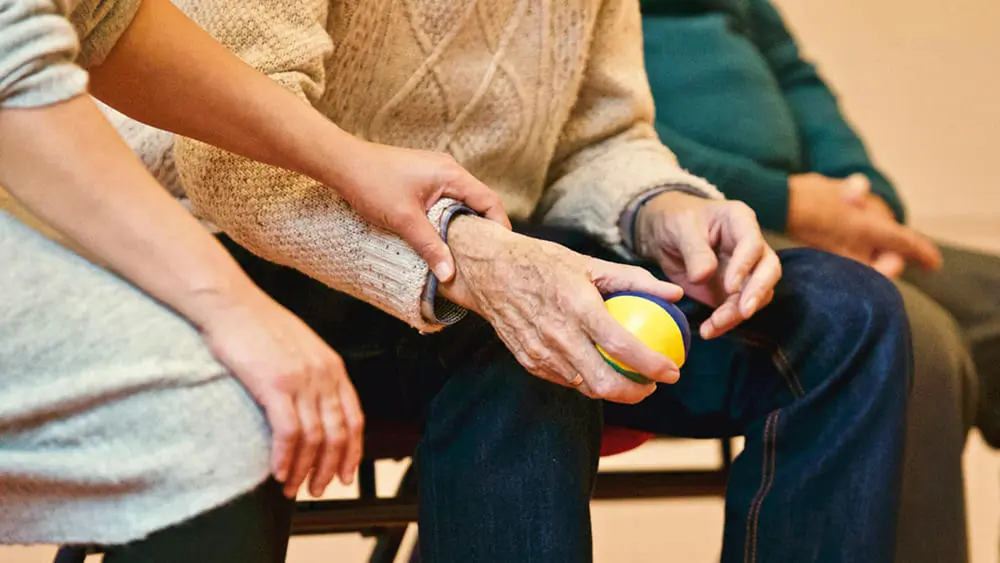
Selecting Good Gifts for Late-Stage Dementia Patients
For those in the late stages of dementia, it’s crucial to understand that they experience severe cognitive impairment and rely heavily on others for assistance. They struggle with speech, mobility, and sensory perception, often losing their sense of comfort. Therefore, selecting appropriate gifts for late-stage dementia patients is essential. These gifts may include soft blankets made from gentle fabrics, soft toys that stimulate tactile senses, sensory mats with textured surfaces to promote relaxation, soothing music to calm their nerves, and easily handled objects like plushy balls and sensory toys. Providing these gifts can create a sense of comfort and enhance their quality of life.
Christmas Festive Gifts for Someone With Dementia
When choosing Christmas gifts for someone with dementia, it’s important to recognize the special significance they hold. The festive season itself fosters nostalgia and tradition, so receiving gifts during this time can evoke feelings of positivity. Additionally, gifts that encourage stimulation and engagement can enhance cognitive function and overall well-being. Furthermore, the holiday season provides a sense of normalcy and fosters companionship with loved ones. Ultimately, Christmas gifts promote bonding and evoke feelings of nostalgia for individuals with dementia.
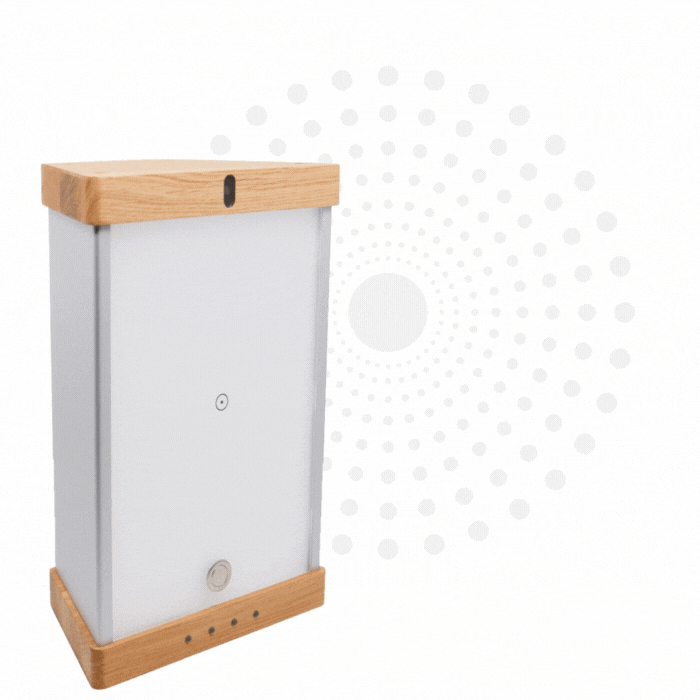
Enhance your brain performance through the power of light.
Comfortable and easy to use 40Hz light therapy to support and improve your brain function.
View Our LightAre Weighted Blankets a Good Christmas Gift for a Person With Dementia?
Yes, weighted blankets are a great Christmas gift for someone with dementia because they provide soothing sensations and improve sleep quality. They also offer a sense of security and comfort, reducing agitation and promoting calmness. Like white light therapy, weighted blankets offer a non-invasive method to help dementia patients experience comfort. Therefore, weighted blankets make a wonderful Christmas gift for individuals with dementia. However, as with anything, please ensure the safety of the item and consult with a healthcare professional before making a purchase.
What to Get an Alzheimer’s Patient for Christmas?
Selecting a Christmas gift for an Alzheimer’s patient follows similar guidelines as selecting gifts throughout the year. However, during Christmas, you can tailor the gift to fit the festive season. Ensure that the gift is simple with no intricate designs, and it should evoke familiar or fond memories. Safety is paramount, so ensure the gift is non-toxic with no sharp edges. Additionally, the gift should stimulate the senses, have a soft texture, and incorporate elements of the holiday season. For example, consider a memory book filled with ornaments or a scented Christmas candle to ignite their olfactory senses. These considerations can help you select a holiday gift that brings joy to individuals living with Alzheimer’s.
Memory Things to Help Dementia Patients Daily Routines
As mentioned, when selecting memory items to assist dementia patients with their daily routines, safety, and ease of use are paramount considerations. Given their susceptibility to accidents, it’s crucial to choose gifts that mitigate fall risks and injuries. Additionally, it’s essential to preserve their independence, ensuring they feel confident and secure. Practical gifts like easy-to-use kitchen items with ergonomic designs and non-slip features, as well as clothing such as slip-on shoes with firm grips and non-slip mats, can significantly aid them in their daily tasks and contribute to their overall well-being.
Gifts That Encourage Physical Activity for Dementia Patients
When selecting gifts that encourage physical activity for dementia patients, it’s crucial to consider their overall health and well-being. Maintaining physical activity is essential for improving cognitive function, as exercise stimulates the brain. Additionally, it promotes better mood and behavior while reducing depressive symptoms. Regular exercise also enhances independence and mobility, lowering the risk of falls and injuries. Furthermore, it fosters social engagement, reducing feelings of isolation and loneliness. Examples of suitable gifts include walking aids like canes, online classes tailored for dementia patients, and easy gardening activities such as planting, weeding, and watering plants. Squeeze balls can also help improve grip strength. Overall, these gifts contribute to enhancing their overall health, mobility, and quality of life.
Learn What Others Have Experienced with EVY Light
See how others have achieved a sharper mind by activating their gamma brainwaves in combination with maintaining a healthy lifestyle.
Frequently Asked Questions About Gifts for Dementia Patients
What Are the Best Gifts for Dementia Patients?
The best gifts to present to them are those that stimulate their senses, remind them of fond memories, or even engage them in activities that boost their mood and offer therapeutic benefits. It is crucial to do so because gifts for dementia patients can be tricky, and thus, they need to focus on enhancing their emotional and cognitive functions.









